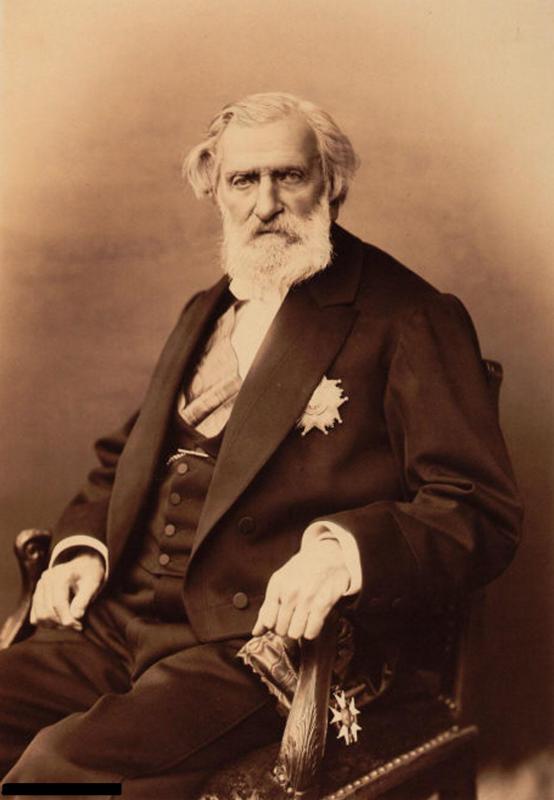
I went to the opera the other night at the Kennedy Center, and saw Ambroise Thomas’ Hamlet.
As with anything adapted from an original source, the opera bears little resemblance to the play, and when the Britts first saw it, they let Thomas know just how off the dock he’d leapt! A critic sneered in the London press: “No one but a barbarian or a Frenchman would have dared to make such a lamentable burlesque of so tragic a theme as Hamlet.”
Hamlet premiered at the Paris Opera in 1868, an institution Verdi dismissively marked as the “Grande Boutique”, having survived the overwrought social, political and musical convolutions of rehearsals and the belabored premiere of his own opera, Don Carlos, in 1867.
The Paris Opera was a factory whose productions held firm grip on the musical tastes of Paris, and much of Europe.
[slideshow]
Since Meyerbeer first premiered his Robert le Diable at the Opera (1831), French taste had solidified behind extravagance, in a 5 Act format that inflated spectacle, and facilitated a grand ballet in the mid section of the evening, allowing for many of the aristocracy to dine sociably -and still make it to the performance to applaud their mistresses in the corps de ballet.
Drama, in such a rigid code of presentation, more often took a back seat to pomp and pageantry.
It is without question that Shakespeare’s drama of Hamlet suffered at the hands of Thomas’ opera, and requirements of French taste. The opera establishes new relationships, adds a love duet for Hamlet and Ophelia, immediately suggests Gertrude’s awareness of her criminal culpability and damnation, and –depending on which version is being presented- allows for, at the time, the obligatory “happy ending”.
Hamlet was Thomas’ greatest success, but as tastes changed from one century to another, his opera sank into ridicule, if not obscurity. Though often raised from the dead, since the mid 1980’s, the opera has also carried a whiff of.. -mealy aptitude –leaving critics a banquet offering that seemingly begs re-internment.What many of the public, and critics alike, seem to gloss over is that Thomas’ opera, Hamlet, is a product of a specific period, created in the bounds of the taste of that period, and reflects its composer’s adept abilities to satisfy the needs of his time. Thomas’ opera is a perfect realization of an evening’s entertainment, superbly crafted, in the box of the times.
Many composers and librettists, have suffered undue criticism of their works due to the fact that they “pleased” in their time –without consideration of the fact that their time might not please any other. Such artists are often wrung through a grid of 20/20 hindsight, which usually judges them wanting and allows some fine works to be tossed into the wrong pile..Verdi undoubtedly is an innovator; he wrestled with the stricture of bel canto, and was able, through his genius and disciplined fire, to fashion new boundaries to the art form of opera, divesting it of an overwrought artifice for the sake of a lovely turn of melodic phrase, giving paramount position to the dictates of drama, and keeping abreast of his literary heroes Goethe and Shakespeare.
For opera, this activity was well ‘out of the box’ and it created a spotlight, and ruler, whereby his contemporaries and colleagues were suddenly judged; if Verdi could make ‘the Scottish play’ a searing psychological investigation of unbridled avarice and power, then why couldn’t anyone else taking up an opera pen..?
Perhaps because playing in the box is the ground upon which most artists find guaranteed footing.
Public Taste is not generally interested in a main course diet of innovators, renegades and enfant terribles. And this ‘taste’ remains the box.
But artists want platform, even if it’s in a mediocre square.
Perhaps it is time to discourse on the symbiotic dynamic between demands of the Public, and the facilitations of companies that platform works which do little to test the boundaries of theatre or social commentary..
Jenn Larsen seems to be considering questions along the same rail..
